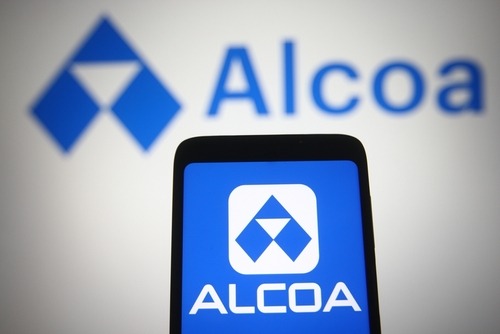
The Australian government recently invested $7.7 million in Alcoa Corp.’s Refinery of the Future initiative.
The funding will be used to conduct pilot trials on a new carbon reduction technology at Alcoa of Australia.
The Australian Renewable Energy Agency contributed $6.4 million, and Western Australia’s Clean Energy Future Fund contributed $1.3 million.
“We are the lowest carbon intensity alumina producer in the world, and we have a technology roadmap of future-oriented research and development projects with the goal to reduce our footprint even further,” Eugenio Azevedo, Alcoa’s vice president for continuous improvement, said.
Electric calcination is the final stage in the alumina refining process. It uses fossil fuels, primarily natural gas, to heat alumina hydrate crystals. When powered with renewable energy, it could significantly reduce carbon emissions.
Significant amounts of residual energy are lost as steam. If those could be captured and reused, it would save water and negate the need for stacks to vent steam.
During the first stage of the pilot project, Alcoa will study, select, engineer, and test technologies. This stage will last until the end of 2023. If stage one is successful, the second stage would involve the detailed design, construction, and testing of the technology at Alcoa’s Pinjarra refinery in Western Australia.